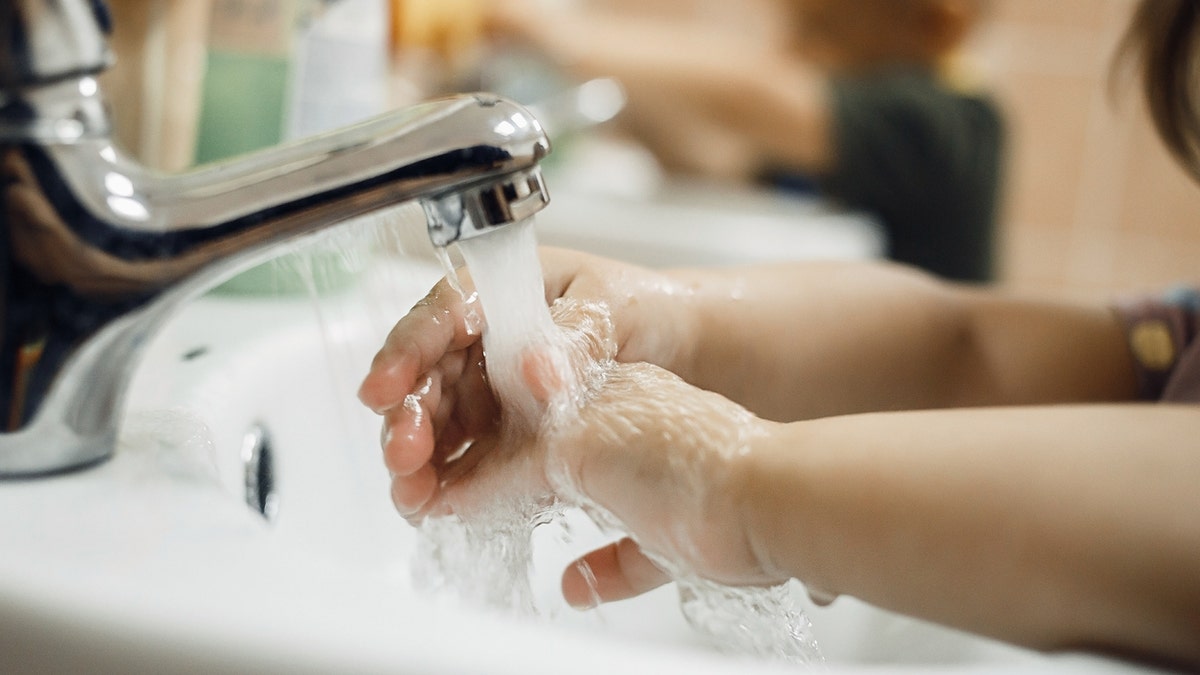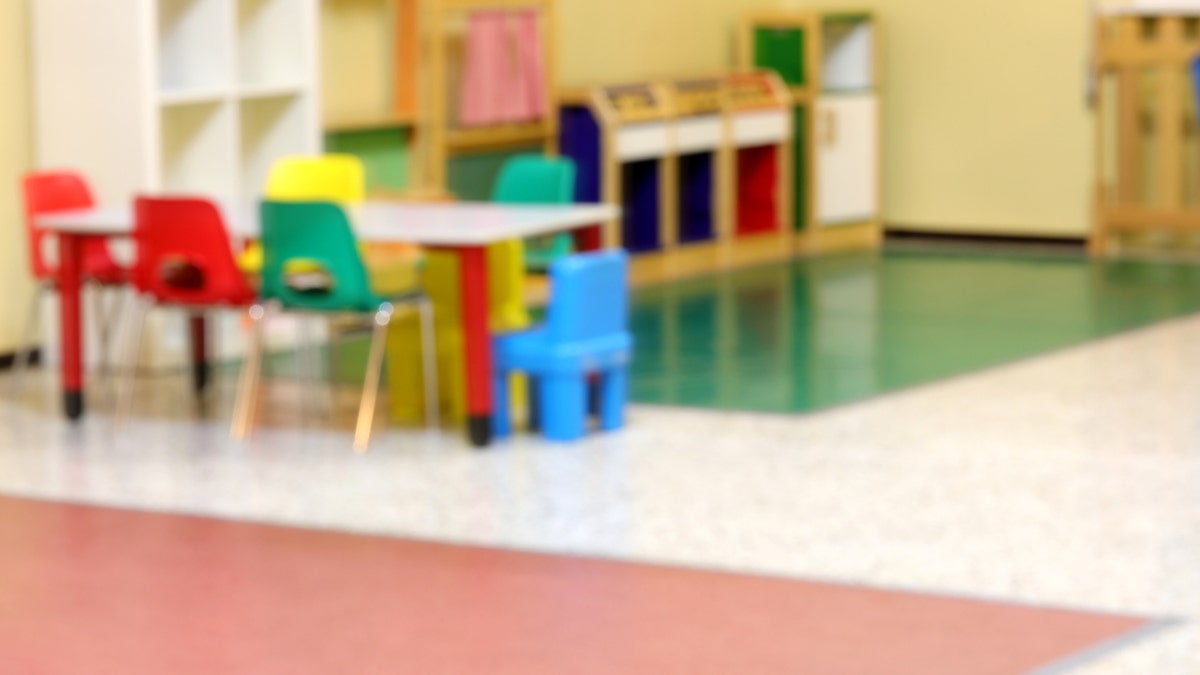Fox News Flash top headlines for October 14
Fox News Flash top headlines are here. Check out what's clicking on Foxnews.com.
Exposure to child care was not associated with a heightened risk of coronavirus infection for providers, according to what authors say is the largest study of its kind.
Researchers from Yale University gathered data from over 57,000 child care providers in the U.S. amid the first several months in the pandemic to assess for an elevated risk of infection.
Results, published Wednesday in the journal Pediatrics, revealed 0.7%, or 427, of the providers were infected. Authors said the findings should be taken in context of the overall smaller class sizes and “considerable mitigation efforts,” like frequent handwashing, disinfecting surfaces, screening for symptoms and social distancing.
Most kids in the programs (about 81%) were under the age of 6.
About half of the respondents said their program shuttered early in the pandemic and remained closed. Of those remaining open, about 9% said programs later closed due to confirmed or suspected exposure.

Respondents reported high rates of mitigation measures like handwashing and frequent disinfecting of surfaces, among other methods. (iStock)
CLICK HERE FOR FULL CORONAVIRUS COVERAGE
“Overall, we found no evidence of child care being a significant contributor to COVID-19 transmission to adults,” study authors wrote.
The results were upheld even after the team controlled for variables like location of the child care center, and other preventative measures providers might have taken, like avoiding travel and social situations.
“We asked these providers how worried are you? 74% said they were worried they might bring COVID-19 home; 77% were worried they themselves might get sick as a result of child care; 79% said they were most worried about the children in their care,” Walter Gilliam, lead study author and Elizabeth Mears and House Jameson professor of child psychiatry and psychology at Yale University Child Study Center, told reporters on a call on Wednesday.
Gilliam said the providers' worry was reflected in their diligent mitigation measures.
He also advised against extrapolating the results to K-12 schools or universities due to a considerable shift in context from child care.

Researchers found no evidence of child care being a significant contributor to COVID-19 transmission to adults, though the results should be taken in the context of small class sizes and diligent mitigation measures. (iStock)
FLU VACCINE IN KIDS REDUCES RISK OF RELATED HOSPITALIZATIONS, STUDY FINDS
He said he spoke to pediatric infectious disease doctors who believe it mostly boils down to transmission mechanics; "young children expel less COVID-19 into the air because they expel less air, and because of that they just aren't as likely to fill up a room with a lot of COVID-19 material as much older children or adults."
"But I honestly think the difference has to do with the context much more so than the size of the children," Gilliam said.
"Child care programs are uniquely situated ... to be incredibly vigilant on health and safety issues. They're licensed primarily regarding issues having to with health and safety and, in schools -- not really so much," he said, while also noting smaller child care class sizes and minimal social contact among kids as opposed to middle and high schools.
On a separate note, community transmission did play a role in providers’ COVID-19 outcome, and study authors emphasized reopening only when community spread is low. (World Health Organization' threshold is below 5% for at least 14 days.)
“Although this study provides evidence that child care may pose negligible threat to community transmission, communities may pose a considerable threat to child care when background transmission rates are high,” authors wrote, adding that providers should wear face masks to prevent potential spread to children and their families.


